Loop Quantum Gravity vs. String Theory: Can Either Truly Explain the Universe?
The Unresolved Debate Between String Theory and Loop Quantum Gravity
Recently, I was reminded of a long-standing debate in the fundamental physics community between two competing theories for quantum gravity: String Theory and Loop Quantum Gravity (LQG). While both aim to reconcile the laws of quantum mechanics with Einstein’s theory of general relativity, their approaches diverge significantly. Over the years, String Theory has claimed much of the spotlight, but Loop Quantum Gravity had its moments, especially when its proponents swore it could be tested experimentally. However, recent criticisms have called into question whether LQG can still be considered a legitimate competitor or whether it has hit an empirical dead-end.
String Theory: Ambitious, but Unobservable
String Theory is unique because it doesn’t just attempt to explain quantum gravity—it also aspires to unify all the fundamental forces, effectively proposing a “Theory of Everything.” According to String Theory, the fundamental particles of the universe aren’t point-like particles but rather tiny, vibrating strings. These strings can take different vibrational modes, corresponding to the various particle types we observe today. In this sense, String Theory simplifies the number of fundamental assumptions, but that simplicity comes at a cost: testability.
Despite its potential for unification, String Theory’s weakness has always been its inability to produce direct empirical evidence. The theory often stands on beautiful mathematics but lacks experimental verification due to the minuscule scales at which string effects occur. As I often caution, consistent mathematical frameworks are not guarantees of reality—without empirical backing, they remain speculative. This is a point I have always emphasized in previous blogs, particularly in discussions on technological failures that arise from theoretical missteps.
For more on the intricacies of String Theory and its quest to explain it all, refer to my detailed analysis here.
Loop Quantum Gravity: A Less Ambitious yet Testable Quantum Gravity?
Loop Quantum Gravity takes a more modest approach by only attempting to quantize gravity. LQG does not aim to unify all the fundamental forces, which makes it somewhat less appealing to those looking for a grand unifying framework. However, advocates for LQG have argued over the years that it holds one significant advantage over String Theory: testability.
LQG aims to avoid the infinities that arise in traditional attempts to quantize gravity by treating space as a discrete structure made up of tiny loops, rather than a continuous fabric. These loops form a granular network, and the theory predicts that areas of space are quantized, meaning they can only take on certain discrete values. This granularity was initially presented as a feature that could be experimentally observed, with one test being a deviation from Einstein’s principle that the speed of light remains constant in a vacuum—a foundational concept of general relativity.
The theory suggested that distant light sources, such as gamma-ray bursts, would show variations in the speed of different colors of light if LQG were correct. Unfortunately for the LQG camp, numerous recent tests—most notably one in 2022 involving the brightest gamma-ray burst ever detected—have consistently shown no deviation from Einstein’s predictions, calling into question the empirical viability of LQG.
<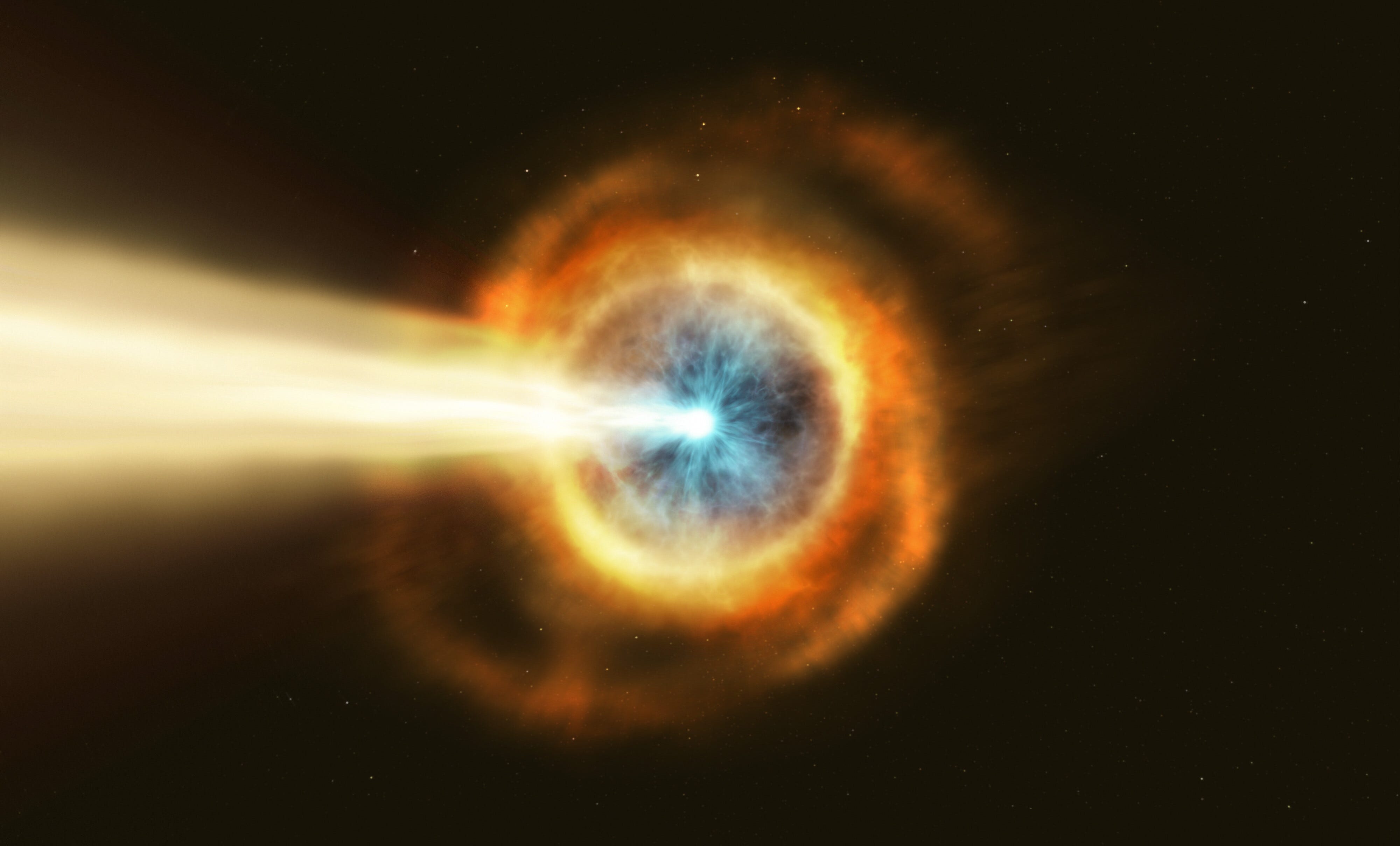 >
>
The Crumbling of a Key Claim: Lorentz Invariance and Speed of Light Tests
This latest test from 2022 was a fatal blow for the faction of LQG researchers who argued that their theory would predict Lorentz Invariance violations (the concept that the speed of light is constant for all observers). The lack of any detection of varying light speeds has driven home the point that this particular prediction of LQG may need to be rethought or discarded altogether.
For instance, one of the theory’s co-founders, Lee Smolin, had pushed that Loop Quantum Gravity had practical insights because it allowed for measurable predictions. I recall past conversations with Smolin where I mentioned concerns about staking the reputation of LQG on a prediction that may fail to pan out. It appears those concerns were well-founded.
<
>
While some might argue this is a setback for LQG, others within the loop quantum community, including voices like Carlo Rovelli, have long contended that such tests were never essential to the theory’s success. They argue that while LQG fundamentally changes how we view space, it doesn’t necessarily predict the sorts of deviations that Smolin’s faction had focused on. They offer explanations like “averaging over all possible ways to take space apart into loops,” a mathematical trick that avoids the need for observable violations.
The Future: Are These Theories Still Useful?
At this point, the divide between the camps over LQG and its testability seems irreparable. However, whether these theories contribute to future scientific discoveries remains an open question. While String Theory remains elegant in its unifying vision, its critics maintain that it has moved further away from testable predictions. Meanwhile, Loop Quantum Gravity no longer looks as testable as its founders once claimed.
There is a broader philosophical question to consider here regarding speculative physics. Do we pursue mathematical beauty at the expense of empirical verifiability? This is a question that transcends both String Theory and LQG and is certainly applicable to many areas of cutting-edge physics research, including topics discussed in my blog on the “Theory of Everything”.
Looking at these debates, I often come back to Alan Watts’ philosophy: sometimes, chasing after ultimate answers may not lead to the fulfillment we envision, and perhaps reconciling our limitations is part of understanding the beauty of the universe. In this sense, whether Loop Quantum Gravity or String Theory will one day lead us to a greater understanding of reality remains to be seen. Both have survived critiques based on little more than passionate advocacy, but ultimately, time and further tests will determine their place in the theoretical physics landscape.
Conclusion: Where Do We Go from Here?
The 2022 gamma-ray burst test that decisively showed no violations of the speed of light might have been a serious blow for Loop Quantum Gravity’s empirical basis, but as with many profound questions in physics, this story is far from over. Whether we continue down the path of LQG, turn back to String Theory, or find an entirely new handle on quantum gravity remains an exciting frontier for physicists. Theories such as Probability Theory can sometimes help in framing these predictive models better.
<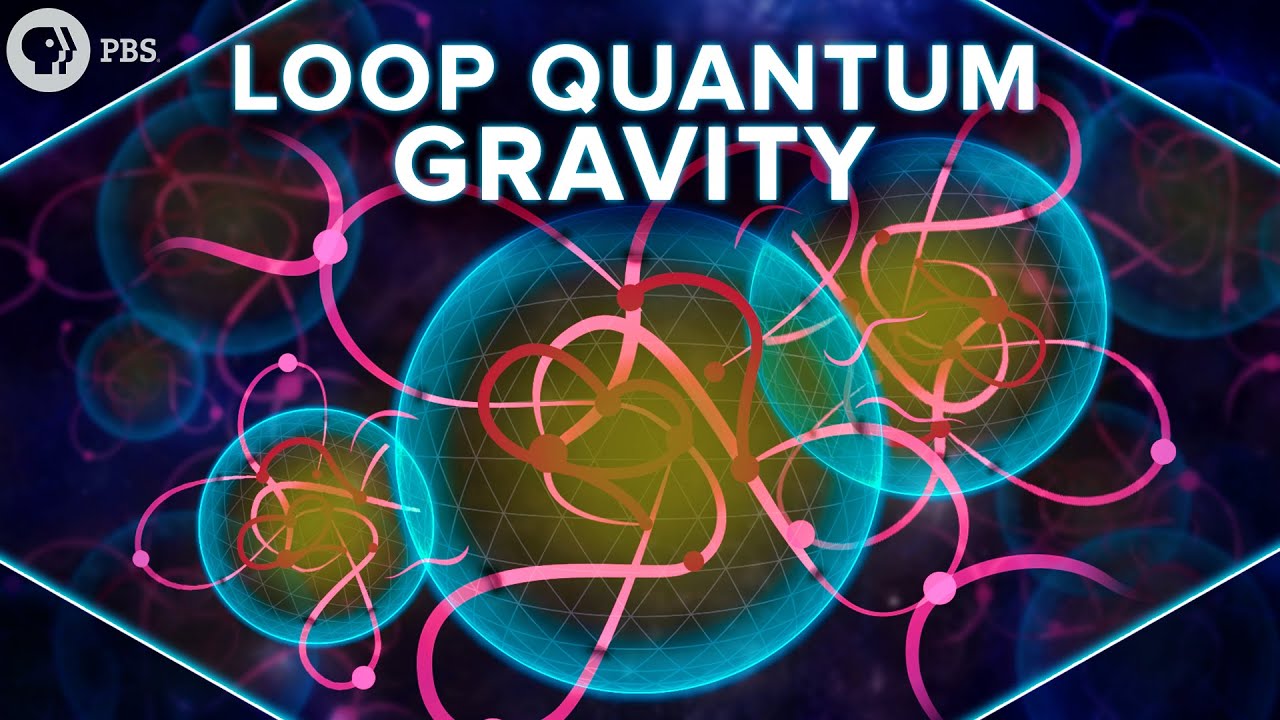 >
>
Meanwhile, all eyes in the theoretical physics community should remain skeptical of major claims without strong empirical backing. As these debates rage on, we, as participants in the greater scientific conversation, should focus on remaining open but critical. As I see it, the beauty lies not just in these ambitious theories but also in our ability to test, refine, and ultimately change our understanding of the cosmos with new evidence at hand.
<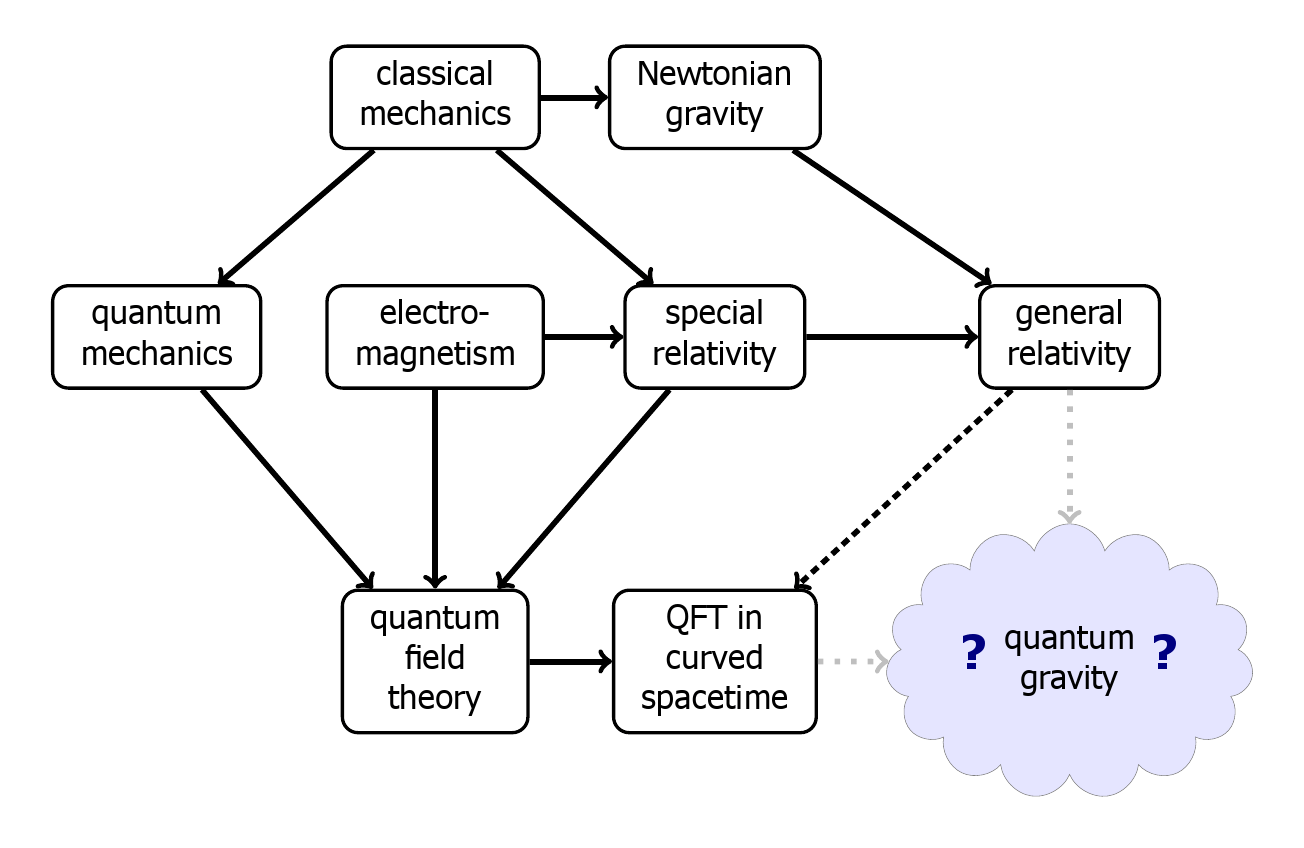 >
>
Focus Keyphrase: Loop Quantum Gravity vs. String Theory
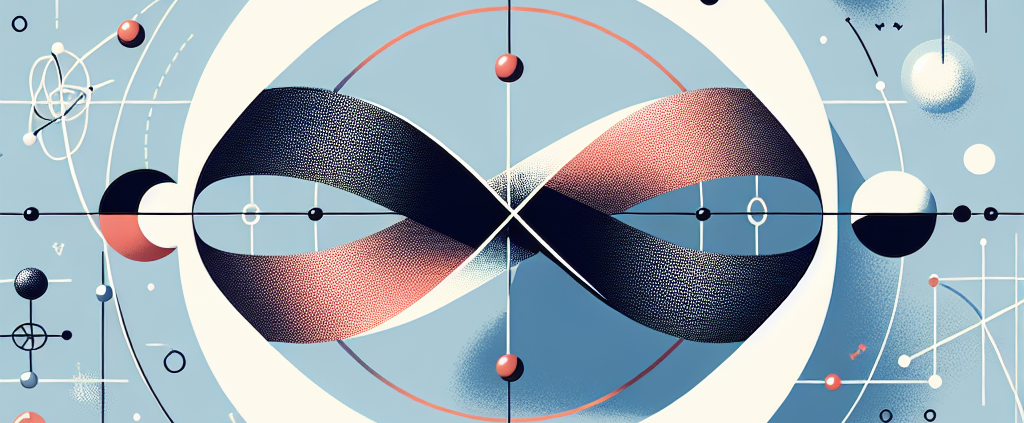
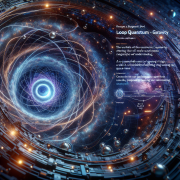
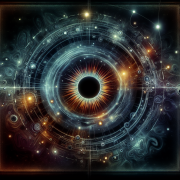
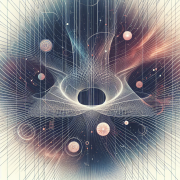
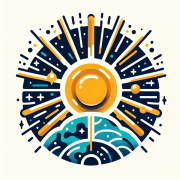
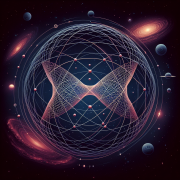


While I remain somewhat skeptical of where AI and other scientific fields are headed, I still feel optimistic about their potential. I have worked in an alarm company and now live in Florida. Having spent time in New York, I’ve always been intrigued by future possibilities in tech and physics. Also, anime, especially Attack on Titan, has shaped a lot of my thoughts on grand, universe-level questions.
In my analysis, the debate between Loop Quantum Gravity and String Theory mirrors broader philosophical questions in science—should we prioritize beauty or testability?